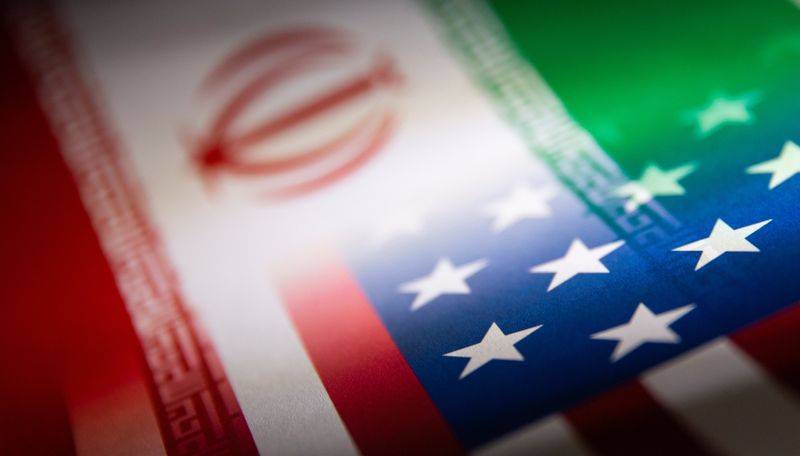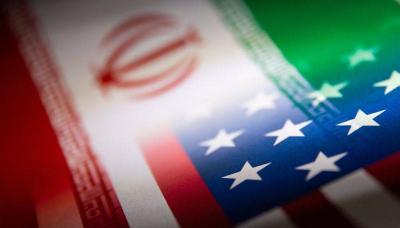A report from the American newspaper "The New York Times" revealed that the United States engaged in secret negotiations with Iran earlier this year, focusing on the Gaza war and the related tensions in the Middle East. According to the newspaper, the negotiations took place in Muscat, with each side having clear demands from the other, according to American and Iranian officials.
The United States wanted Iran to rein in its proxies by stopping the Houthi attacks on ships in the Red Sea and targeting American bases in Iraq and Syria. In return, Tehran requested Washington to agree to a ceasefire in Gaza.
During the negotiations, Omani officials exchanged messages back and forth between Iranian and American delegations sitting in separate rooms. The Iranian delegation was headed by Deputy Foreign Minister Ali Baqeri, the chief nuclear negotiator, while the U.S. delegation was led by Brett McGurk, the U.S. President's Coordinator for Middle Eastern Affairs.
This event, first disclosed by the "Financial Times" a few days ago, marked the first time that Iranian and American officials held personal negotiations, albeit indirectly, in nearly eight months. American officials stated that Iran requested the meeting in January, and Oman recommended conveying its request to the United States.
Iranian officials, including one from the Foreign Ministry, indicated that Tehran confirmed during the talks that it does not control the activities of factions affiliated with it, particularly the Houthis. However, they claimed that they could leverage their influence to ensure a reduction of attacks by at least half if a ceasefire in Gaza was achieved, but not before that.
Nevertheless, no agreement was reached during the negotiations. Within hours after McGurk left Muscat, the United States conducted military strikes on multiple Houthi targets in Yemen. The U.S. also struck military bases linked to Iran in Iraq and Syria in response to the killing of three American service members in an attack on a base in Jordan, carried out by an Iraqi militia close to Iran.
Since then, attacks on U.S. bases in Iraq have ceased, with only a few reports of such incidents in Syria. According to "The New York Times," since the onset of the war in Gaza, the U.S. and Iran have reassured each other that neither seeks direct confrontation with the other, a stance relayed through messages passed by intermediaries.




